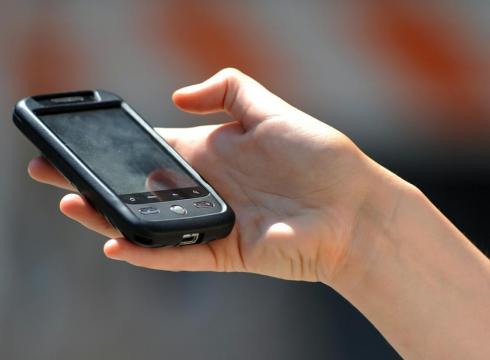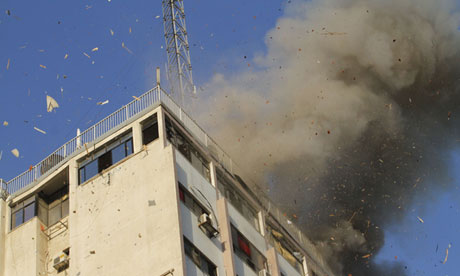The European Investment Bank is providing Banque Misr with a €425m credit line to support Egyptian small and medium-sized enterprises (SMEs) that have been impacted by the coronavirus pandemic, and boost their ability to lead the economic recovery in the country.
The credit line will finance investment projects as well as working capital needs in productive and service sectors, thus sustaining growth and employment while helping to mitigate the economic and social impact of the COVID-19 crisis.
The EIB financing forms part of the EIB contribution to the Team Europe response to the COVID-19 crisis in the European Union partner countries. It is consistent with the objectives of the External Lending Mandate 2014-2020 and the EU cooperation with Egypt as set out in the EU Single Support Framework for Egypt for the period 2017-2020.
Flavia Palanza, Director for Neighbouring Countries at the EIB, commented, “We are reinforcing our partnership with Banque Misr to support its strategy to expand in SME financing. Our new credit line comes at a time when SMEs need strong support to overcome the challenges created by the COVID-19 pandemic. SMEs are most vulnerable to the impact of this global crisis. We are proud of our partnership with Banque Misr and the tangible impact that our project will have on people’s lives in Egypt.”
Christian Berger, Ambassador of the EU to Egypt, said, “SMEs create job opportunities and add value and innovation while delivering products and services that people need. More than ever during these challenging times, businesses need access to finance and affordable credit from banks. A number of EU programmes where EU grants are pooled with loans provided by European Financial Institutions (EFIs) are supporting businesses by offering them access to direct concessional loans or guarantee schemes with local partner banks.”
“Last April, the EU together with its Member States and EFIs launched the Team Europe package to help partner countries to cope with the consequences posed by the pandemic, including its socioeconomic impact. Today our partner, the EIB, is signing further important Team Europe funding, which will make a real impact on SMEs and eventually on people’s lives across Egypt,” he added.
Akef El-Maghraby, Vice Chairperson of Banque Misr, confirmed that the signing of this agreement seeks to assist national companies – mainly SMEs – in performing various activities, especially in light of the implications of the COVID-19 crisis. Banque Misr is one of the most pioneering financial institutions in supporting and financing SMEs, attaching great importance to the SME sector, as the size of the financing portfolio of this sector amounted to 20% of the total financing portfolio. This comes in line with the directives of Central Bank of Egypt and the state’s efforts to advance the sector in order to improve economic indicators, drive rates of economic development, promote local products and reduce the import bill.
El-Maghraby also highlighted that Banque Misr is also interested in providing financial support to SME sector via its branch network, reaching more than 700 branches throughout Egypt. This is coupled with the Bank’s endeavours to provide distinctive financing mechanisms that meet the financing needs of all projects in all sectors of economic and service activities, which reflects in the advancement of the national economy.
He said that Banque Misr launched the “Express loan” for small projects, which is considered the first integrated digital product, which allows Banque Misr’s small project customers to submit a financing application online via the website,, ithout the need to visit the branch.
Banque Misr is the second largest bank in Egypt with a clear focus on SME lending and a large retail presence across all the governorates. In 2019, Banque Misr served more than 123 000 SMEs across the country, which makes it one of the largest supporters of the SME sector in the country.
Since 2015, the EIB has provided €3.9bn in support of Egyptian SMEs and mid-caps through 15 operations, accounting for about a third of the Bank’s portfolio in Egypt.




